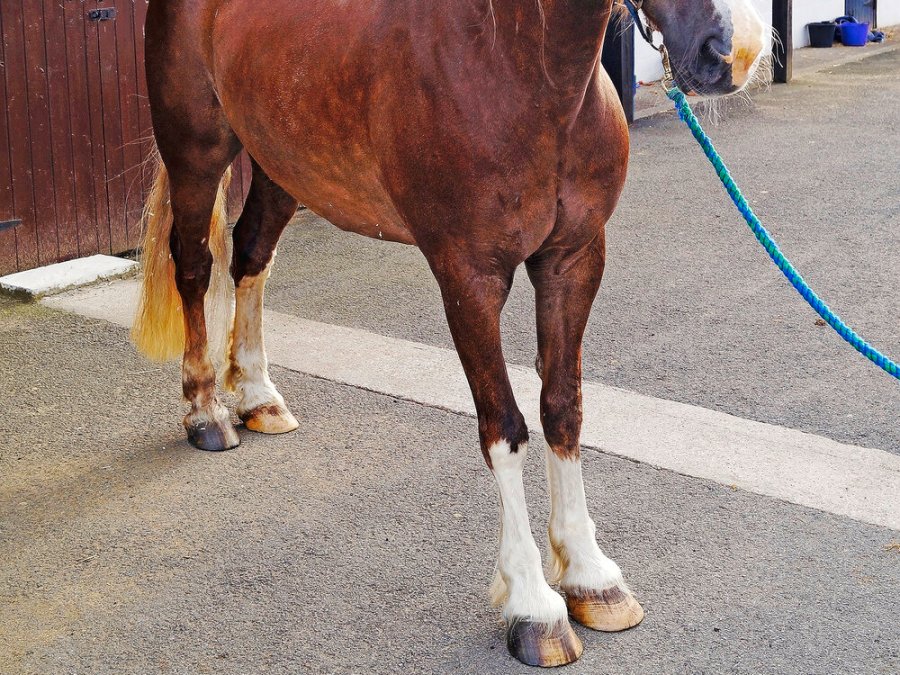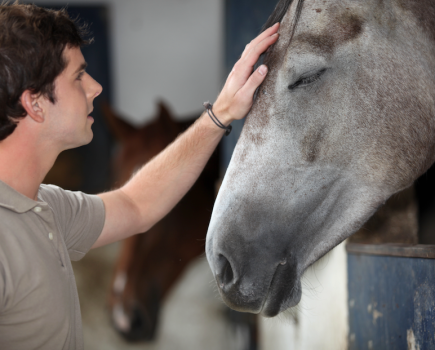A leading equine scientist is working with the RSPCA to help improve understanding surrounding laminitis, after the charity identified that even ‘experienced’ owners were not dealing with the condition effectively. RSPCA officer and inspector Suzanne Smith reached out to Dr David Marlin to help equestrians learn to identify and meet the needs of horses and ponies suffering from laminitis.
“It’s not just [an issue with] inexperienced owners, but also with owners who would claim to be experienced and know about laminitis, but they’re not actually meeting the needs of that equine,” she said. “Whether they haven’t spoken to their farrier and aren’t providing the correct foot support or they haven’t consulted their vet and aren’t providing the right levels of pain management.”
Ms Smith said there was also an issue in understanding and implementing the correct long-term management of these animals to ensure the condition doesn’t return. She asked Dr Marlin to help share his expertise in this area.
“Together we need to support and educate some owners on how they can help their laminitic horses,” he said. “It seems many owners know what laminitis is and what it means, but they don’t necessarily know how best to care for the horse once diagnosed.”
Dr Marlin said he had spoken to lots of his colleagues and experts who are all keen to help spread awareness, and urged owners to share any questions, queries or concerns. The team plan to put together a guide to caring for a horse or pony with laminitis to add to his current advice on the condition.
“Our world-leading experts will be pulling out all their science know-how to give us the answers we need,” he said.
‘Veterinary intervention is crucial’
An RSPCA spokesman told Your Horse when equines have symptoms consistent with laminitis, or when laminitis is suspected, it’s extremely important that a vet is called to make a diagnosis and administer appropriate treatment.
“Laminitis is an extremely painful condition and veterinary intervention is crucial to ensure pain levels are managed and the condition is treated for the best chance of a successful outcome,” they said. “A large proportion of cases can be caused by an endocrine disorder, which again, requires diagnosis and treatment by a vet to try to prevent reoccurrence.
“The internal structures of a horse’s hoof are unstable, so it’s also vitally important when dealing with laminitis that owners consult a farrier who understands the foot and what support it needs.
“It’s also important to recognise that overweight horses are far more likely to get laminitis than those kept in a fit body condition. There are many websites with guidance on how to score your horse’s body condition, including a Glasgow University app that owners can download to help them keep their horses healthy.”
You can find out more about Dr David Marlin and his research by clicking here.










